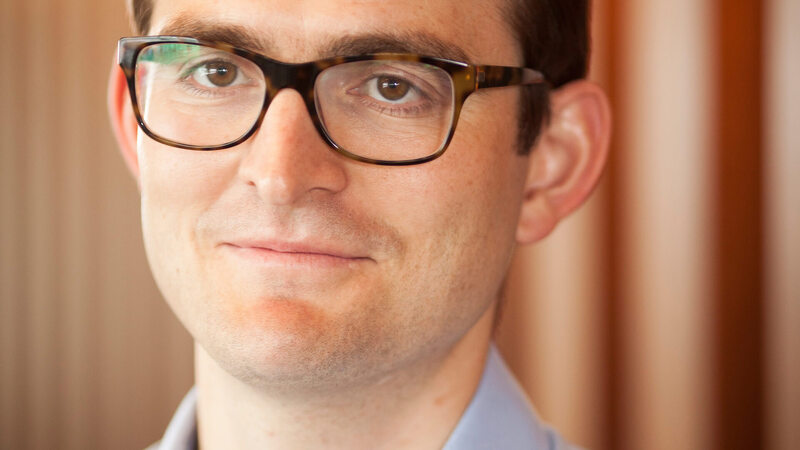You are viewing your 1 free article this month. Login to read more articles.
'Permacrisis' named Word of the Year by Collins Dictionary
"Permacrisis", a term that describes “an extended period of instability and insecurity”, has been named Collins Word of the Year 2022, as it “sums up quite succinctly just how truly awful 2022 has been for so many people”.
It is one of several words Collins highlights that relate to ongoing crises the UK and the world have faced and continue to face, including political instability, the war in Ukraine, climate change and the cost-of-living crisis. Six words on Collins’ list of 10 words of the year are new to CollinsDictionary.com, including permacrisis, which was first noted in academic contexts in the 1970s.
The lexicographers at Collins Dictionary monitor the 18-billion-word Collins Corpus and a range of media sources, including social media, to create the annual list of new and notable words that reflect our ever-evolving language and the preoccupations of those who use it.
Other words that have helped perpetuate the feeling of permacrisis in the words of the year include: "Kyiv", the city that has become a symbol of Ukraine’s stand against Russian aggression has seen widespread recognition of its Ukrainian name; "Partygate", referring to the scandal over social gatherings held in defiance of public-health restrictions and which contributed to an extended period of political instability; and "warm bank", a heated, open-to-the-public sanctuary such as a library or place of worship where one can make use of the heating, saving on spiralling energy bills at home.
Other words on the list of key words of 2022 include "Carolean", marking the end of the Elizabethan era and the beginning of the reign of King Charles III; "quiet quitting", the act of doing one’s basic duties at work and no more, either by way of protest or to improve work/life balance; "sportswashing", an established term for how organisations or countries use sports promotion to enhance reputations or distract from controversial activities or policies has seen increased use in the year of the Fifa World Cup in Qatar; and "lawfare", the strategic use of law to intimidate or hinder an opponent.
"Splooting" highlights climate change in an indirect way, as it describes how animals stretch themselves out in order to cool down – a phenomenon seen frequently during this summer’s intense and extended heat.
Lastly, "vibe shift" describes a “significant change in the prevailing atmosphere or culture”, one perhaps felt by many who had hoped that life may become easier and less stressful as we emerged from the pandemic – as the year has progressed, such optimism has proved to be misplaced.
Alex Beecroft, m.d. of Collins Learning, said: “Language can be a mirror to what is going on in society and the wider world and this year has thrown up challenge after challenge. It is understandable that people may feel, after living through upheaval caused by Brexit, the pandemic, severe weather, the war in Ukraine, political instability, the energy squeeze, and the cost-of-living crisis, that we are living in an ongoing state of uncertainty and worry; ‘permacrisis’ sums up quite succinctly just how truly awful 2022 has been for many people. Our list this year reflects the state of the world right now – not much good news, although, with the determination of the Ukrainian people reflected by the inclusion of ‘Kyiv’, and the dawn of the new ‘Carolean’ age in the UK, there are rays of hope.”



















